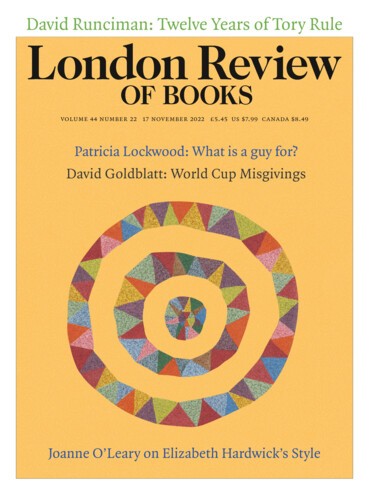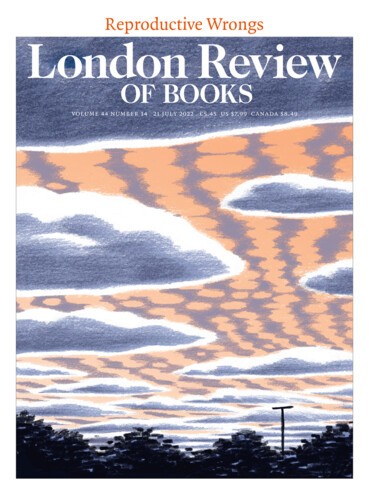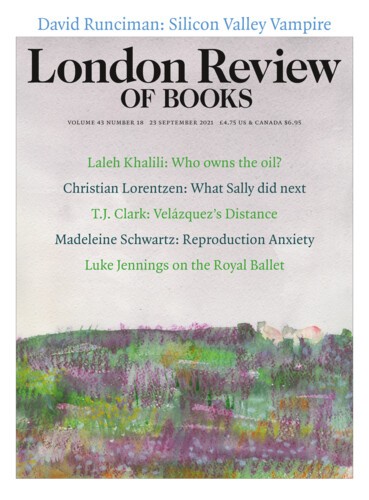Since September, I have been going to a specially built room in the Palais de Justice, a few hundred metres from Notre-Dame, or to a smaller room across the marble hall, where journalists follow the proceedings, tweet and produce their daily reports. The courtroom has a capacity of 550 and has often been full: most of the attendees are survivors of the attacks. It is built of wood, complete with inlays so that the statues personifying justice and eloquence can be seen. The discussions that take place inside are the result of five years of investigation. The work has been careful and painstaking. But the trial is being conducted in a France changed by the attacks, where questions of terrorism, religion and social coherence are often confused and debated with little regard for facts. In this room, on days that have slipped from descriptions of extreme violence to grandstanding, I have wondered if the court can set aside what is happening outside it. Can France judge terrorism when terrorism is transforming its political system?
The trial is being conducted in a France changed by the attacks, where questions of terrorism, religion and social coherence are often confused and debated with little regard for facts. In this room, on days that have slipped from descriptions of extreme violence to grandstanding, I have wondered if the court can set aside what is happening outside it. Can France judge terrorism when terrorism is transforming its political system?





